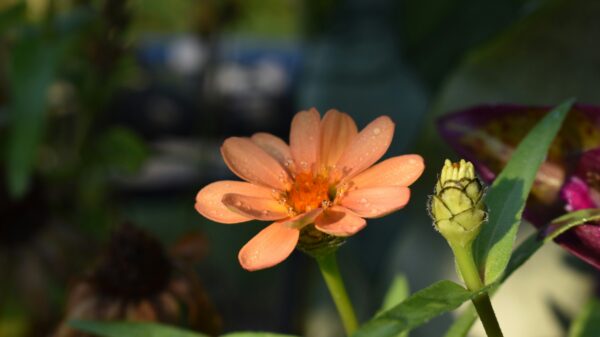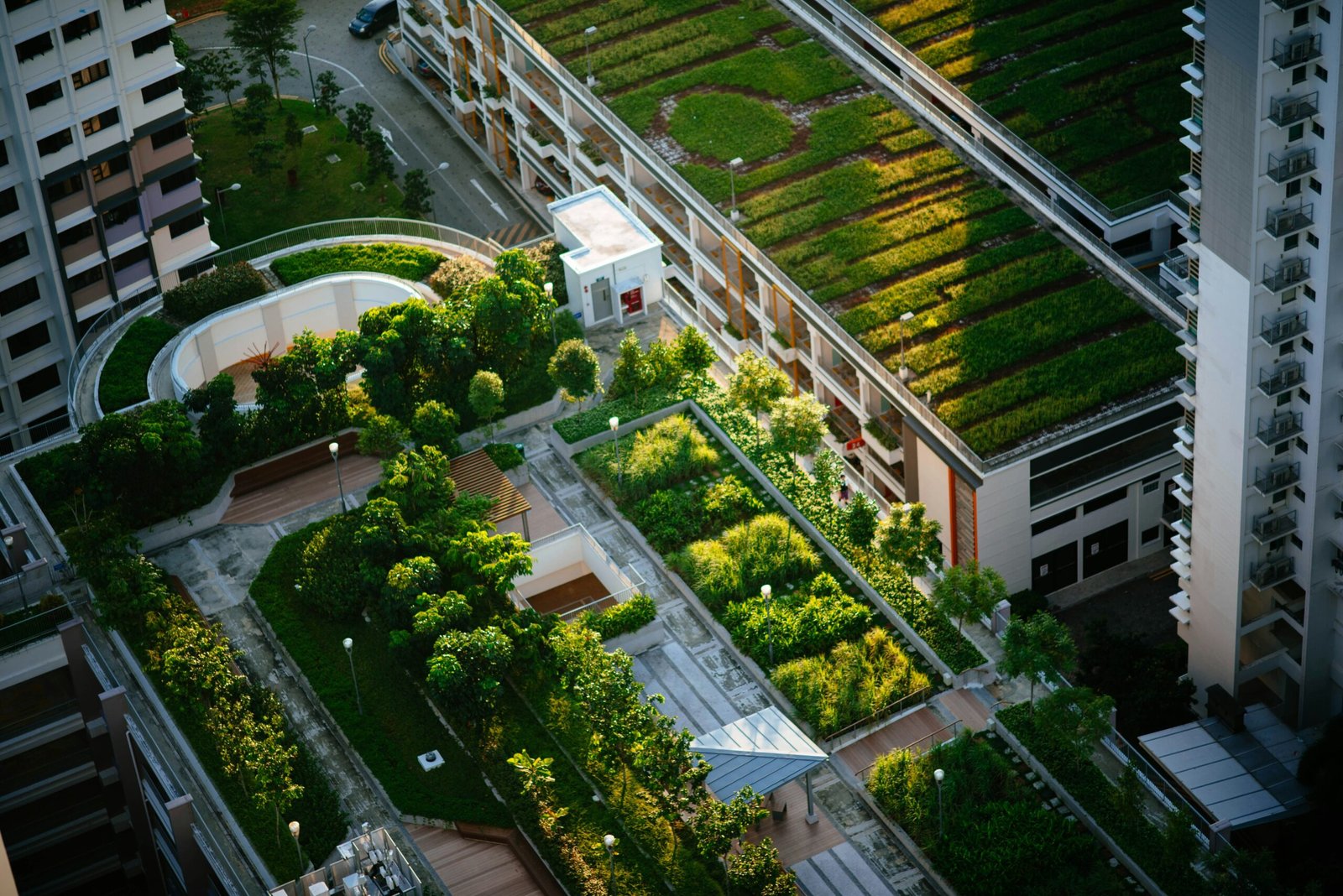As urbanization continues to reshape our cities, the need for green spaces becomes increasingly important. Urban gardening is a growing movement that aims to bring nature back into urban environments, providing numerous benefits to both individuals and communities. In this article, we will explore the various aspects of urban gardening, with a focus on rooftop gardens, community projects, and innovative ways to grow food in small spaces.
Rooftop Gardens: Utilizing Vertical Spaces
One of the most innovative solutions to urban gardening is the concept of rooftop gardens. By utilizing the often underutilized space on top of buildings, urban dwellers can create lush green spaces that not only beautify the cityscape but also provide a host of environmental benefits.
Rooftop gardens help to reduce the urban heat island effect by absorbing heat and providing shade. They also improve air quality by filtering pollutants and releasing oxygen. Additionally, these gardens can help to mitigate stormwater runoff by absorbing rainwater and reducing the strain on urban drainage systems.
Furthermore, rooftop gardens offer a unique opportunity for urban dwellers to grow their own food. With the right techniques and careful planning, even small rooftop spaces can be transformed into productive gardens, providing a source of fresh produce for city residents.
Community Projects: Cultivating Togetherness
Community gardening projects have gained popularity in recent years as a way to bring people together and foster a sense of community ownership. These projects involve groups of individuals coming together to cultivate and maintain shared garden spaces.
Community gardens provide a range of benefits, both social and environmental. They create opportunities for people to connect with nature and learn about gardening, fostering a sense of pride and accomplishment. These spaces also serve as gathering places for neighbors to interact, share knowledge, and build relationships.
From a sustainability perspective, community gardens contribute to food security by providing access to fresh, locally grown produce. They also promote biodiversity by creating habitats for pollinators and other beneficial insects, contributing to the overall health of urban ecosystems.
Innovative Techniques: Growing Food in Small Spaces
One of the challenges of urban gardening is the limited space available. However, innovative techniques have emerged that allow urban gardeners to make the most of their small spaces.
Vertical gardening is one such technique that involves growing plants vertically, using structures such as trellises, vertical planters, or living walls. This technique maximizes space utilization and allows for a greater variety of plants to be grown in a limited area.
Container gardening is another popular method for growing food in small spaces. By using containers such as pots, planters, or even repurposed items like old buckets or pallets, urban gardeners can create mini-gardens on balconies, rooftops, or even window sills. This technique is especially useful for those living in apartments or condos with limited outdoor space.
Hydroponics and aquaponics are innovative soil-less gardening techniques that have gained popularity in urban environments. These systems allow plants to be grown in nutrient-rich water, reducing the need for soil and maximizing space efficiency. Hydroponics involves growing plants directly in water, while aquaponics combines hydroponics with aquaculture, using fish waste to fertilize the plants.
Conclusion
Urban gardening is a powerful movement that brings nature back into our cities, creating green spaces and promoting sustainability. Rooftop gardens, community projects, and innovative techniques for growing food in small spaces are just a few examples of how urban gardening is transforming our urban environments.
By embracing urban gardening, individuals and communities can enjoy the numerous benefits it offers, from improved air quality and reduced heat island effect to increased access to fresh produce and enhanced community connections. As our cities continue to grow and evolve, urban gardening provides a vital solution for cultivating green spaces and creating healthier, more livable urban environments.




































